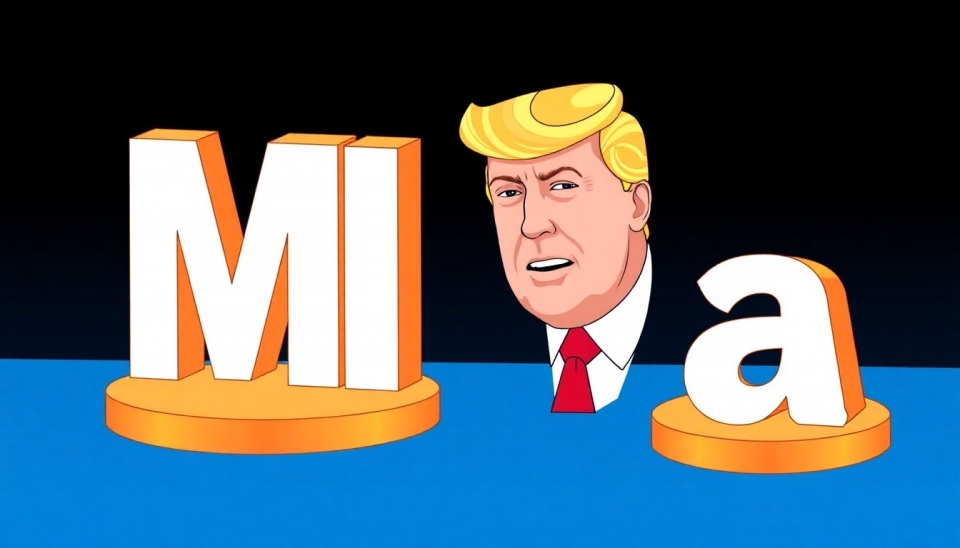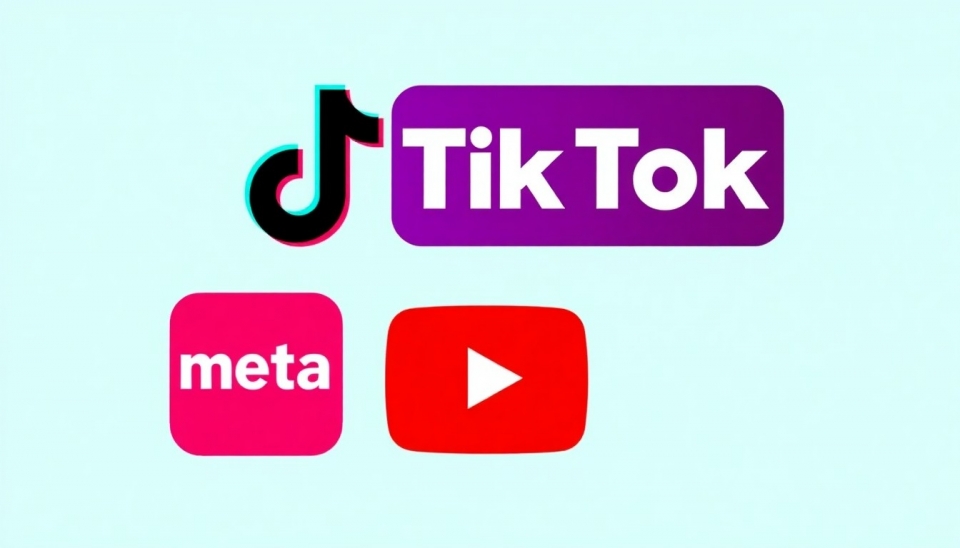
In a strategic move that could send shockwaves through the social media landscape, Meta Platforms Inc. is reportedly ready to reinstate former President Donald Trump’s account on Facebook. This decision is seen as part of Meta’s broader response to evolving regulatory pressures from the European Union (EU). The company aims to challenge stringent digital rules that could impact how platforms operate in Europe.
Donald Trump’s public voice has been significantly muted since he was banned from Facebook and Instagram following the January 6th Capitol riots. Many industry watchers believe that his reinstatement could amplify Meta’s engagement metrics and attract a surge of interest among users. However, Meta is also maneuvering through complex regulatory terrain in Europe, particularly with the implementation of the Digital Services Act (DSA), which holds online platforms accountable for content moderation and transparency.
Meta, like many tech giants, has been under intense scrutiny by EU regulators, who are concerned about the influence of social media on public discourse and elections. The DSA mandates tighter controls on harmful content and greater accountability for large platforms, setting a high bar for compliance. By welcoming Trump back, Meta aims to leverage his significant following to demonstrate its commitment to free speech and resist what it views as overreaching regulations. Trump’s narrative of being a champion of free speech aligns with Meta's potential strategy to rally support against the EU’s regulatory framework.
The implications of this decision are multifaceted. On one hand, reinstating Trump could bring back a hefty influx of content and conversation, significantly boosting user engagement on Meta’s platforms. On the other hand, it could intensify existing criticisms regarding the moderation policies of social media companies and their role in shaping political discourse. Critics argue that allowing Trump back on the platform could lead to a resurgence of misinformation and divisive rhetoric. Meta has yet to publicly commit to a timeline for Trump's potential return but has indicated that it is preparing internal systems to facilitate an eventual re-entry.
The dynamics surrounding Trump’s potential return illustrate the precarious position that social media platforms find themselves in, balancing user engagement with regulatory compliance. As Meta navigates this complex landscape, the outcome of its decision could reverberate far beyond its own platforms, potentially influencing regulatory approaches and the future of digital governance in Europe and beyond.
#Meta #DonaldTrump #SocialMedia #EuropeanUnion #DigitalServicesAct #TechRegulation #FreeSpeech #ContentModeration #Engagement
Author: John Miller




